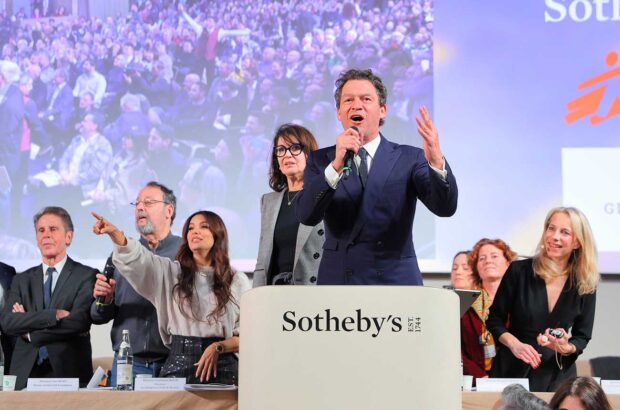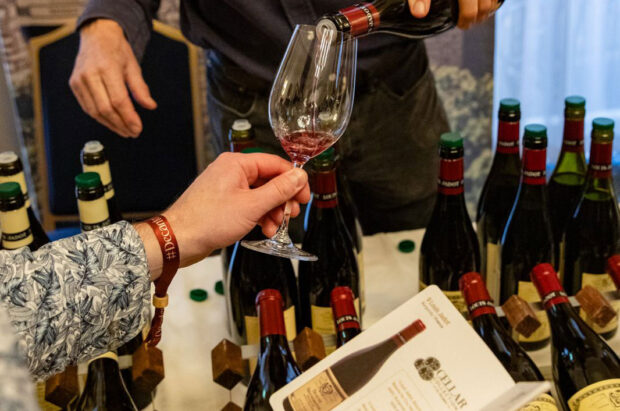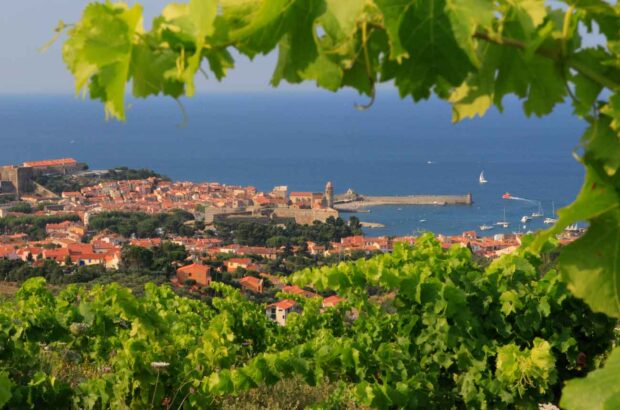Archaeologists working for the Israel Antiquities Authority (IAA) said they were surprised by the scale of the ‘huge’ ancient winery facility dating back to the Byzantine period.
It shows how the Israeli city of Yavne ‘was a world wine powerhouse around 1,500 years ago’, said the IAA.
With five wine presses and four large warehouses, experts believe the wine factory was capable of making two million litres annually.

Photo credit: Yaniv Berman for the Israel Antiquities Authority.
It’s thought to have specialised in what’s known as ‘Gaza and Ashkelon wine’, said IAA.
‘Gaza wine was a trademark wine that was from the whole of this area of the southern part of the coastal plain,’ said Dr Jon Seligman, archaeologist and co-director of the excavation on behalf of the IAA.
‘We have to realise that this was a prestige wine. It was a light white wine and it was taken to many, many countries around the Mediterranean,’ said Seligman, explaining the find in a video on the IAA’s YouTube channel.
It’s believed wines from the factory were exported to what is today Egypt, Turkey and Greece, as well as possibly southern Italy.
Aside from exports, there is also evidence that local people drank wine regularly.
‘People enjoyed drinking wine, but beyond that, that was a major source of nutrition because the water was often contaminated,’ Seligman said.
Alongside the wine presses, which each covered around 225 square metres, the excavation team has uncovered so-called ‘Gaza jars’, which were known to be commonly used for wine storage in the period. Kilns for firing clay amphorae were also found at the site.

Photo credit: Assaf Peretz for the Israel Antiquities Authority.
Seligman and his fellow excavation directors, Dr Elie Haddad and Liat Nadav-Ziv, said they were surprised to discover such a sophisticated commercial wine operation.
‘Furthermore, decorative niches in the shape of a conch, which adorned the wine presses, indicate the great wealth of the factory owners,’ they said.
The excavation is part of a two-year project involving 200 to 300 workers per day, and is linked to local authority plans to develop a new neighbourhood in modern-day Yavne.
The IAA thanked the Israel Land Authority and Yavne officials for their cooperation on the winery excavation.
Archaeologists working in other parts of Europe have also found evidence of a Mediterranean wine trade dating back around 2,000 years, and possibly longer.







